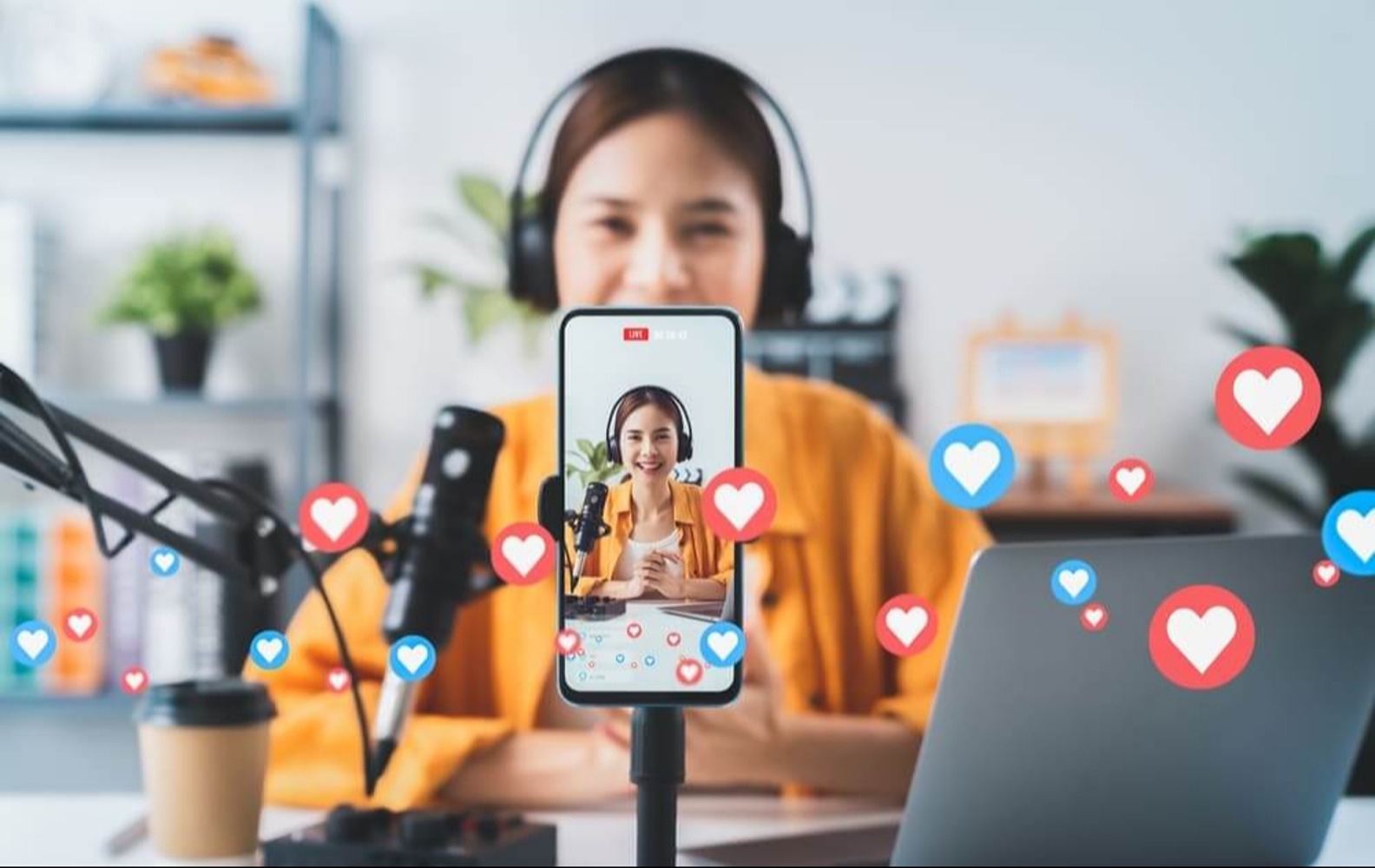Micro voices, Macro impact: Role of influencers as agents of change in social sector

Brands are increasingly leaning on influencers to engage with their target audience and corporations are leveraging champions to drive consumption. Typically, the term “influencer marketing” has become synonymous with collaborations and endorsements from celebrities and social media personalities who enjoy a large following on digital platforms. For years, celebrities, or macro-influencers (those with more than 100,000 followers) dominated the influencer marketing landscape. But recently, the spotlight has shifted to micro-influencers (10,000-100,000 followers) and even nano-influencers (under 10,000 followers). These micro/nano influencers are characterized by niche audiences, higher engagement, and personalized connections, and collaborations with them are proving to be highly effective due to their approachability and relatability with the audiences.
Just as brands now tap into the power of everyday people, social sector organizations should adopt a similar approach and leverage the potential of on-ground influencers to spearhead societal progress. These micro/nano influencers, or agents of change, arise naturally within their communities while focusing on specific issues stemming from their personal challenges and this enables them to connect deeply with individuals facing similar issues. Their shared journey of struggles and achievements forms intimate relationships. This connection ignites a sense of camaraderie and hope, enabling them to drive meaningful transformation.
In my journey, I have encountered many such inspiring examples. One such story is that of a man in Sundargarh District of Odisha, whose journey began with the simple need for an individual residential certificate. This modest requirement ignited a mass movement to educate forest dwellers about their rights and responsibilities. Today, thousands of tribal community members of this area understand the significance of their land-holding rights, reclaiming their land patta documents as well as their livelihood. His individual mission transformed into a collective “We,” leading to sizeable community impact.
While a celebrity influencer’s mass appeal is effectively used for awareness on subjects effecting pan India, as exemplified by Amitabh Bachchan’s impactful collaboration with the Government of India for the polio eradication campaign; grassroot leaders are needed for issues either related to their geographical areas or those that require localised solutions. Additionally, our on-ground nano influencers also double-up as mentors, providing real-time support and guidance to people in their communities.
Sustainable outcomes especially in remote areas require multifaceted approaches that are customised and personalized. It is imperative to identify the home-grown trailblazers and leverage their influence in their blocks and panchayats, to bring about behavioral change on local issues as well as the Sustainable Development Goals (SDGs).
The micro/nano influencer collaboration approach for social good in India is at a nascent stage. Despite its significant potential, this approach remains largely underutilized especially in the social sector. It is fundamental that we tap into this resource to facilitate development.
One effective way to boost the reach of these local leaders and create a greater ripple effect is by recognizing and honoring these exceptional individuals. The recognition not only fosters a sense of accomplishment but also provides them with a platform for further outreach, enhancing their potential leading to greater impact.
The Accelerator Lab approach, exemplified by the UNDP, is another excellent example of empowering youth to become agents of change and powerhouses of grassroot innovation. This approach is based on the belief that people living closest to the problems have the most knowledge about them and should be empowered to innovate home-grown solutions.
On a smaller scale, notable instances of effective local leadership can be seen through practical collaborations. Numerous NGOs and CBOs partner with ASHAs, ANMs and women’s self-help groups to advance health outcomes, financial literacy, and bolster women’s empowerment initiatives.
On-ground nano influencers have the potential to become powerful allies for the social sector aiding in building trust, driving difficult conversations, and bringing lasting change at the grassroots. If developmental agencies build an ecosystem of micro voices for itself by recognizing existing leaders and creating new influencers, the initiatives they lead will have a macro acceptance, resulting in significant socio economic transformation. It is also a reminder, people from humble backgrounds may have humble beginnings, but their efforts are certainly not limited to humble impact.
